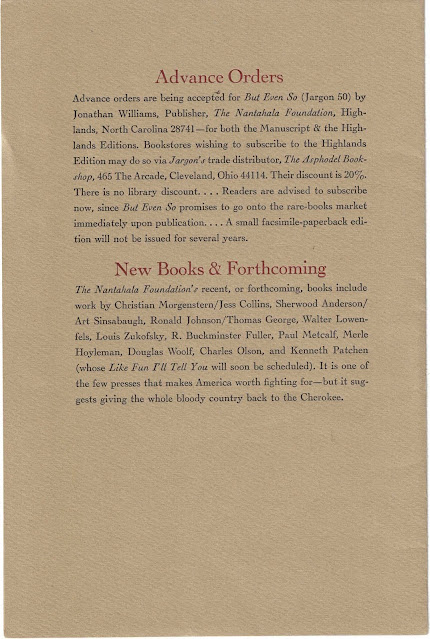Charles Nordhoff, The Communistic Societies of the United States; From Personal Visit and Observation: Including Detailed Accounts of the Economists, Zoarites, Shakers, the Amana, Oneida, Bethel, Aurora, Icarian, and Other Existing Societies, Their Religious Creeds, Social Practices, Numbers, Industries, and Present Condition. 1875. Harper & Brothers: New York. Cloth-bound Hardcover Quarto, 439 pp. First Edition. w/Inscription, marginalia, and tipped-in hand-written review/reflection on text by Charles Remus[?] May, Oct. 1915.
This massive compendium of mid-19th Century utopian experiments covers around a dozen socialist intentional communities active in the 1870s, with remarkable detail and fair-mindedness. Though not himself a socialist, Nordhoff visited each of the communes described and discusses them with respect and objectivity, quoting from their own documents and publications at length. There are etchings of each community based on eyewitness sketches, among other illustrations. The index contains ample thematic entries to facilitate comparative research.
Though I have yet to find any information on the book's early 20th century owner Charles Remus May (I'm not certain about my scan of his middle name), the book was clearly of pressing interest to him; the book contains his marginal brackets and markings throughout, and a tipped in handwritten reflection on the text. These appear to reveal a highly devout, though open-minded, progressive Christian reformer both intrigued and wary of the various experiments described. His commentary reads:
If a group of good people has a good influence on us, why not constant communication with the All good - God? This depends on our[or one] mental[or mortal] idea of God. I have seen some people who were in constant communication with their[?] God, who were not any better than their neighbors. Is God but a reflection of our own striving[?] or ideal? The God of the Testament is a positive Being whom we should[?] imitate, not form one for ourselves.





























